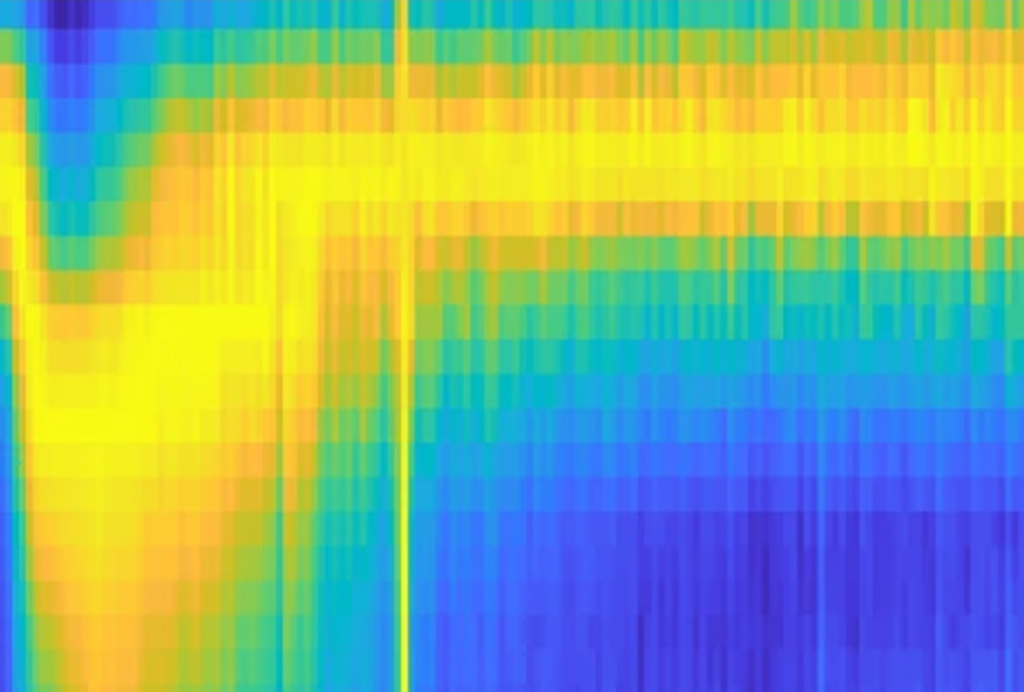Kenneth Harris and Andreas Tolias explain how AI has informed their neuroscience research
Modern AI models have shaped how the pair thinks about our brains and minds, asks research questions and views scientific progress and productivity.
The rise of powerful artificial intelligence models has had a major impact on how neuroscientists ask research questions and analyze data. In this episode, Paul Middlebrooks and Gaute Einevoll, host of the “Theoretical Neuroscience” podcast, talk to researchers at a neuroAI workshop held in Norway in September, which brought together a diverse group of neuroscientists to assess how best to employ AI models in neuroscience.
In the first of two episodes from the event, Middlebrooks and Einevoll talk with Kenneth Harris and Andreas Tolias about the ongoing transformation AI models are having on the field. Harris, professor of quantitative neuroscience at University College London, analyzes large populations of neurons to understand how the brain transforms sensations and internal signals into actions. Tolias, professor of ophthalmology at Stanford University, uses deep-learning models to discover how large neural populations underlie our perceptions and decisions.
Read the transcript.
Listen to the second episode with Cristina Savin and Tim Vogels.
Recommended reading
Daniel Nicholson discusses how Schrödinger’s book ‘What is Life?’ shaped years of biology, research
Explore more from The Transmitter

Dispute erupts over universal cortical brain-wave claim
Waves of calcium activity dictate eye structure in flies
